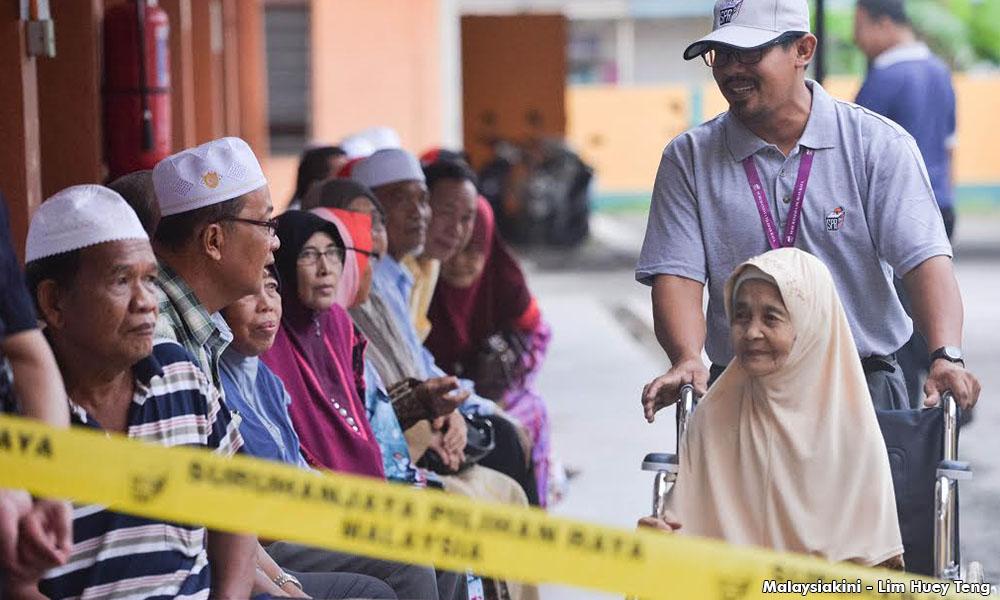
On paper, Bersatu appears to be on a suicide mission in the 14th general election. Pakatan Harapan has tasked the party with fielding 52 parliamentary candidates, mostly in traditional Umno strongholds.
This includes Pekan, which Prime Minister Najib Abdul Razak has represented for nine consecutive terms since 1976.
Then there is Kota Tinggi, where BN's Noor Ehsanuddin Mohd Harun Narrashid won 82.4 percent of the total votes cast in 2013.
A closer scrutiny of the seats allocated to Bersatu reveals that 23 of the 52 constituencies are "marginal seats."
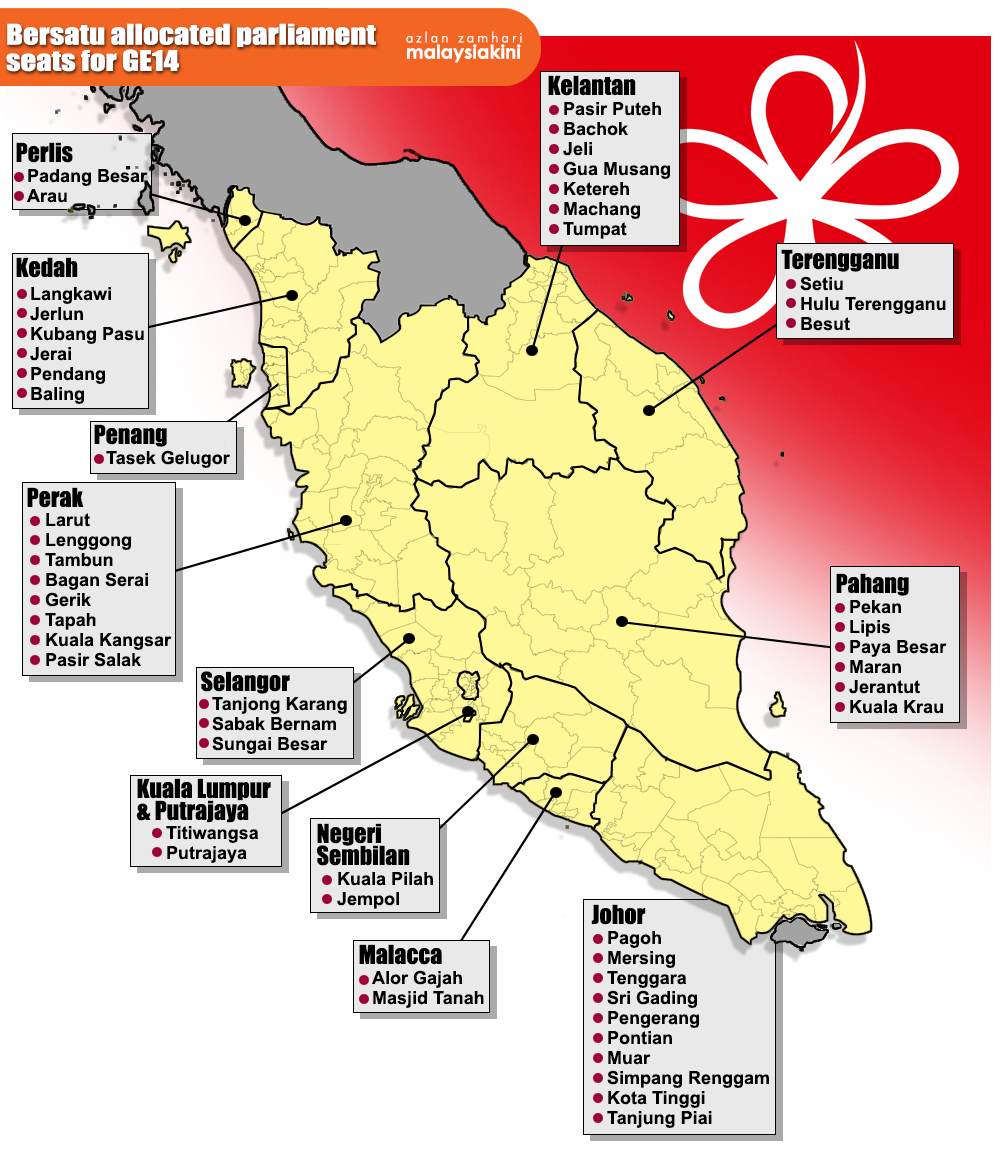
In this report, "marginal seats" are defined as those won with a majority of less than 56 percent of the votes cast.
Assuming that Bersatu and Umno candidates will engage in straight fights in these 52 constituencies, the former – on paper, at least – will be within striking distance in the 23 marginal seats.
Big names, small majorities
The race for the 23 marginal seats promises to be an interesting, because almost half of the seats are held by prominent figures and even cabinet members, such as:
- Umno information chief Annuar Musa (Ketereh, 50.1 percent majority);
- Deputy Rural and Regional Development Minister Ahmad Jazlan Yaakub (Machang, 50.1 percent);
- Minister in the Prime Minister Department Jamil Khir Baharom (Jerai, 50.2 percent);
- Second Finance Minister Johari Abdul Ghani (Titiwangsa, 50.6 percent);
- Minister in the Prime Minister Department Shahidan Kassim (Arau, 50.6 percent);
- Deputy Minister in the Prime Minister's Department Razali Ibrahim (Muar, 51 percent);
- Umno supreme council member Abdul Azeez Abdul Rahim (Baling, 52.5 percent);
- Urban Wellbeing, Housing and Local Government Minister Noh Omar (Tanjung Karang, 54.5 percent);
- Former Second Finance Minister Ahmad Husni Hanadzlah (Tambun, 55.3 percent); and
- Domestic Trade, Cooperatives and Consumerism Minister Hamzah Zainuddin (Larut, 55.6 percent).
Regardless of how promising the numbers may seem for Bersatu, there remain a host of factors that will likely work against the Harapan member.
For instance, Bersatu is a new party with limited resources. Then there are external factors, such as the redrawing of electoral boundaries, and PAS, which will likely be eyeing the same 23 marginal seats.
New boundaries
For Ilham Centre executive director Hisomuddin Bakar, analysing Bersatu's chances in those 23 marginal seats is probably a pointless exercise if new electoral boundaries are used for the next general election.
"All these seats that Bersatu got, or whichever party, would rely on the status of the redelineation.
"If the redelineation happens before GE14, then you could say that it would be difficult to use these marginal seats as a yardstick to measure any party's winnability," Hisomuddin (photo) told Malaysiakini.
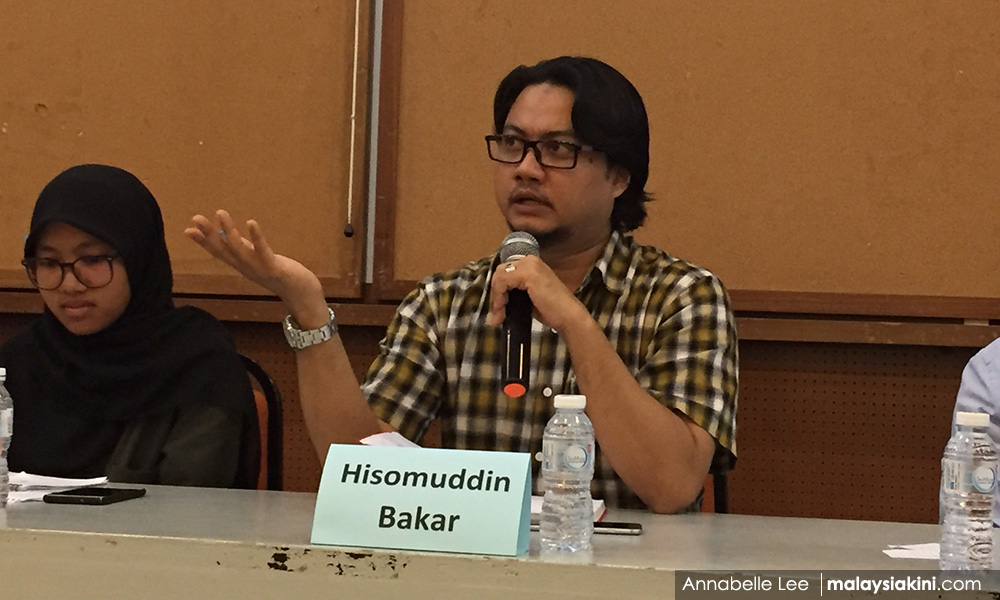
What Bersatu would need to be able to win its seats, including the marginal seats, would be the Malay swing vote, he said.
If Malay votes swing to the opposition, Umno would suffer badly in the election, regardless of the redelineation.
"So if the swing of the Malay voters happens, then Bersatu would have a much brighter future in the election, winning even more than the 23 marginal seats," Hisomuddin said.
That is why the strategy that Pakatan Harapan needs to adopt is to convince as many Malay voters as they can to swing to their side.
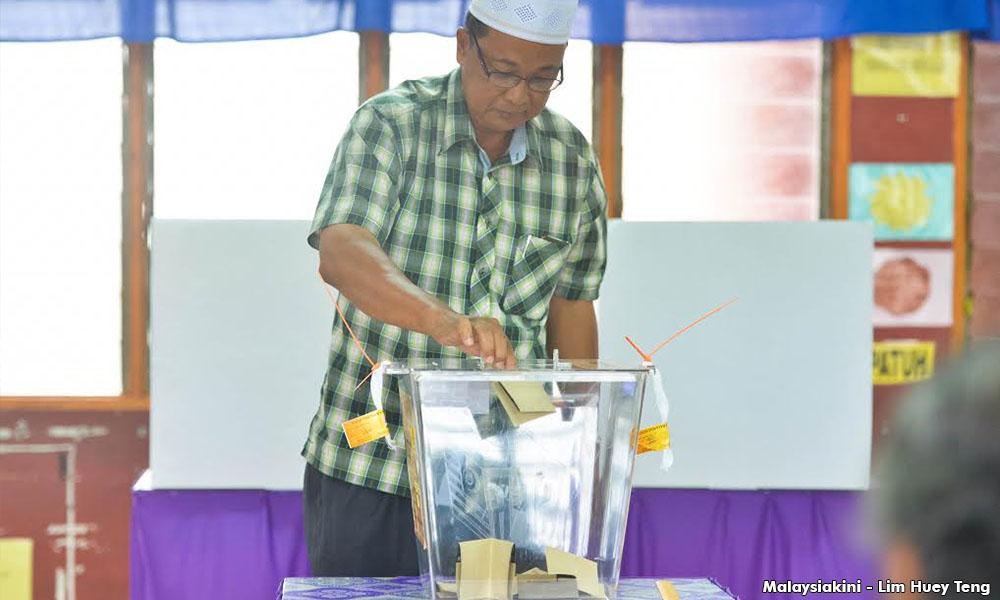
Hisomuddin believes that Harapan's prime minister candidate Dr Mahathir Mohamad is one of the opposition’s best hopes to trigger the Malay vote swing.
Mahathir was considered by many to have championed Malay rights during his 22-year tenure as prime minister, before his resignation in 2003.
PAS a spoiler in rural areas
Universiti Kebangsaan Malaysia professor Faizal Hazis told Malaysiakini that Bersatu, being an Umno splinter party, is expected to swing votes from Umno supporters to give significant gains to Harapan.
"Mahathir would be a significant addition to the opposition front because, basically in the last few elections, the opposition faced a big wall in terms of securing more Umno votes.
"But that scenario, I think, would only apply if you have a united opposition," Faizal said.
According to him, the problem that Bersatu faces in GE14 is that it will not only be facing Umno in the Malay heartland, but also PAS.
With its decades of experience in Malaysian politics and its strong grassroots presence, PAS would be a difficult challenge for Bersatu to tackle in rural areas.
"They (Harapan) are not only up against Umno in the rural areas, but also up against PAS, which has substantial support among some Malays, especially in the rural areas," Faizal said.
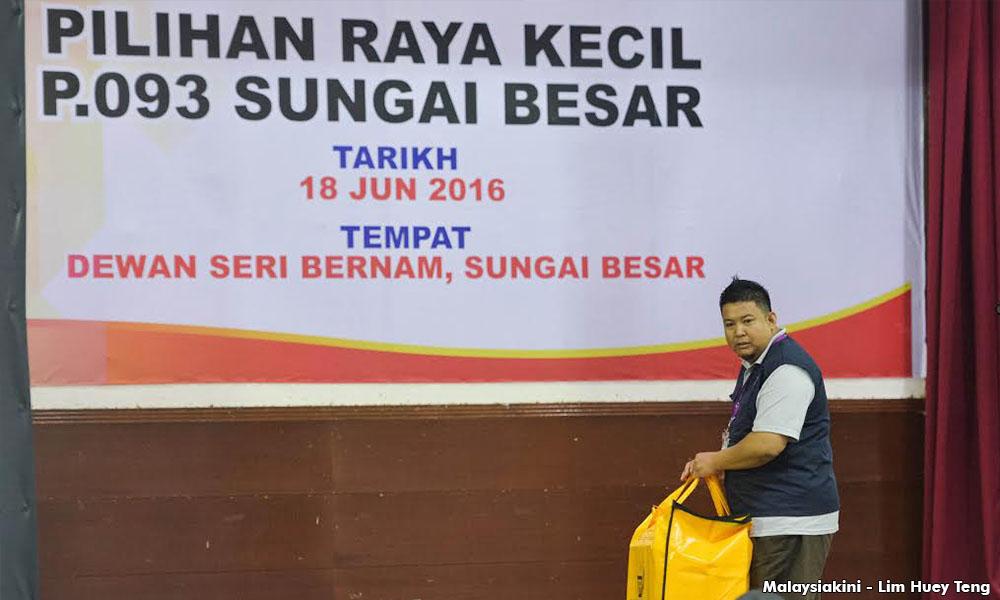
This might result in a repeat of the Sungai Besar and Kuala Kangsar by-election results, as well as the 2016 Sarawak state election results, where multi-cornered fights ended up benefiting BN, he explained.
For Bersatu to win in the rural areas, it would need to get a sizeable number of not only Malay votes, but specifically PAS votes as well.
"I am just looking at two groups of voters. What about pro-Reformasi supporters who are quite divided over the issue of Mahathir and Bersatu leading the coalition?" Faizal said.
PKR, Semangat 46 flashbacks
GE14 would also be Bersatu’s electoral debut, Faizal pointed out, and it is "quite ambitious" for a new party to contest 52 seats.
Personality alone is not enough to win elections for a new party, he said. "You need to have a strong grassroots presence and strong party machinery.”
Historically, splinter parties from Umno performed poorly in their first elections, he added, pointing to PKR's performance in the 1999 general election and that of Semangat 46 in the 1990 election.
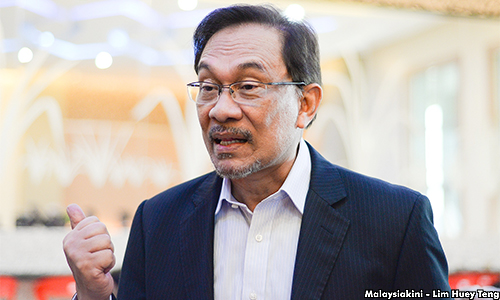
Despite being led by de facto opposition leader Anwar Ibrahim (photo) during the height of the Reformasi movement, PKR only won five parliamentary seats in 1999.
Meanwhile, Semangat 46 won only eight parliamentary seats in 1990, even though it was also led by Umno leaders at the time, such as Tengku Razaleigh Hamzah and Rais Yatim.
Faizal said that even though many of Bersatu's leaders and members have electoral experience from their time in Umno, what they lack this time is the entire government machinery behind them.
"They (Umno) have almost endless resources in terms of manpower and money and projects to throw to voters as election promises.
"If you do not have the whole government machinery behind you, it will be an uphill battle," he said.- Mkini



No comments:
Post a Comment
Note: Only a member of this blog may post a comment.